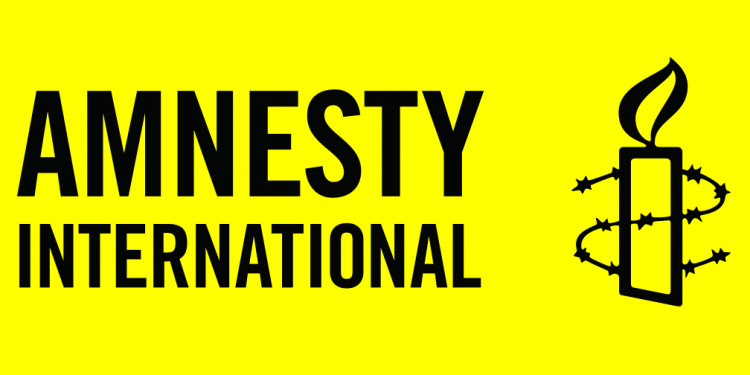JOHANNESBURG
Amnesty International has urged countries that still retain the death penalty to abolish it.
“Immediately establish a moratorium on all executions and commute all death sentences,” the rights group said in a report to mark World Day Against the Death Penalty, observed annually Oct 10.
Amnesty wants countries still using the death penalty to remove the punishment for all crimes, including drug trafficking, and order a judicial body, whether existing or established, specifically for that purpose.
It wants such a body to review all cases where a death sentence was handed down to commute the rulings as a matter of urgency.
The rights watchdog noted that while some countries in Africa have abolished the death penalty, some are still implementing it.
Sierra Leone joined Chad and other African countries in outlawing the death penalty, but Egypt, Somalia, and Botswana, among others, continued to uphold the punishment.
According to Amnesty, in 2020 Egypt conducted 107 executions — a threefold increase, while Somalia executed three people, a decline compared to 2019. South Sudan reported two executions and Botswana had three.
It said 2020 was marked by a further global decline in the use of the death penalty, with the coronavirus pandemic contributing to reductions.
“At least 483 people were executed in 2020, the lowest figure that Amnesty International has recorded in at least a decade. Executions fell by 26% compared to 2019, when 657 were registered; and by 70% from the peak of 1,634 executions reported in 2015,” said the report.
It added that 2020 was the third consecutive year in which Amnesty International recorded the lowest execution figure in 10 years.
Four countries — Iran (at least 246), Egypt (at least 107), Iraq (at least 45), and Saudi Arabia (27) — accounted for 88% of all known executions. Amnesty said, as in previous years, that recorded global totals do not include the thousands of executions that it believed were carried out in China.
“End the imposition and implementation of death sentences on people who were below 18 years of age when the offence was committed, and if the age is disputed to give the benefit of the doubt in favour of the defendant,” the group said in the report.
The rights watchdog also wants countries that still practice capital punishment to incorporate international law and standards into their national legislation so that making appeals can be allowed in all death penalty cases.






